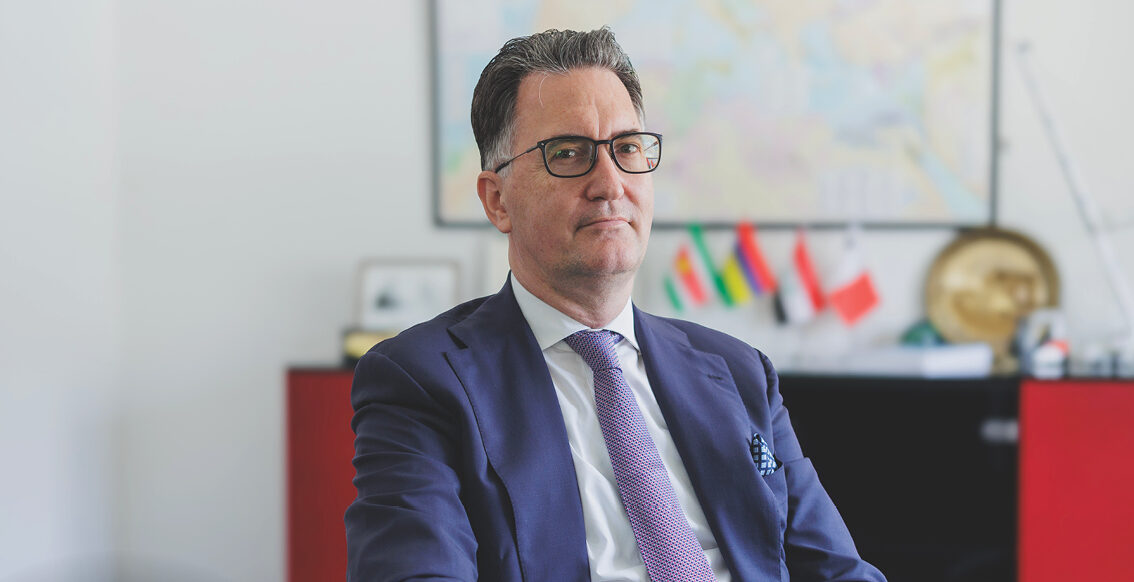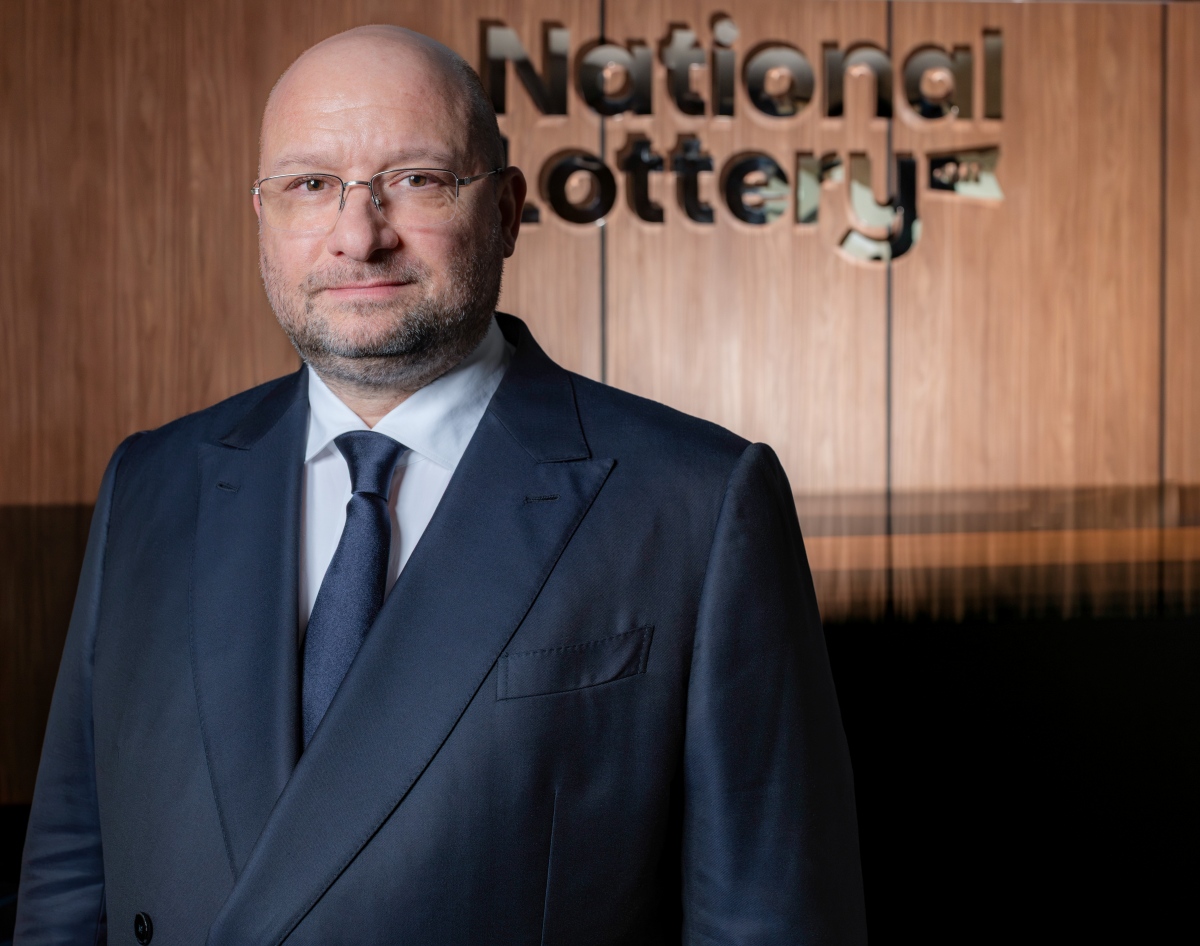Imposter syndrome is not a mental health diagnosis but can hinder our progress to reaching our goals. The thing is, according to BRND WGN’s Martin Dimbleby, everyone goes through it – the trick is learning to work with it.
“84 per cent of professionals experience imposter syndrome. The other 16 per cent? Probably lying,” he joked on LinkedIn.
“The joke around our office is that LinkedIn is where careers go to sound perfect. “Huge news! Thrilled to share!” Meanwhile, back in reality, we’re all just figuring it out.”
After a quarter century of working in marketing and business development, that internal voice still pops up for him. Still, he has learnt to move through it.
“I’ve come to realise it’s not my enemy—it’s my compass.”
“When I was younger, I thought time and experience would silence the doubt. It does— but not completely. I’ve learned to embrace it, the marketing guru said.
Imposter syndrome, while a daunting experience, can also be a useful tool. In Dimbleby’s case, it keeps him curious, out of complacency and makes him a better team player and business partner.
“In marketing and business development, imposter syndrome often kicks in when we’re venturing into new industries or exploring uncharted markets. But I’ve learned it can be a strategic advantage if I listen to it,” he wrote.
“It can be isolating, but it doesn’t have to be. Lean on your colleagues and partners. Surround yourself with people who challenge you constructively. The corporate world rewards confidence but thrives on humility and collaboration.”
Featured Image:
BRND WGN
Farsons names Alistair Martin Haber as Chief Digital and Technology Officer
He brings more than 25 years of international experience in digital transformation, infrastructure modernisation and cloud strategy across enterprise environments
Matthew Ellul Sullivan assesses how Middle East war could impact Malta
He said that Malta could be negatively impacted if the closure of the Strait of Hormuz results in fewer vessels ...
MedservRegis Co-CEO: Disruption to Middle East operations minimal, no evacuation required
Olivier Bernard says the group’s operations remain largely unaffected and there is currently no need to evacuate staff.
IZIGROUP: From market leadership to international ambition
Over the past few years, IZIGROUP has been 'methodically laying the groundwork for international growth,' says Founder and CEO Johann ...









